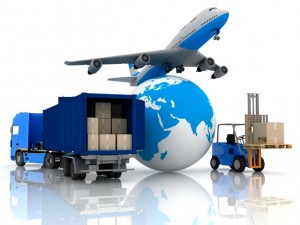Geographical Disparities in Transplants

Doctors face tough, ethical questions every day. In a triage situation, which patient should be treated first? How can I tell a patient’s family that a loved one’s condition is terminal? One of the most controversial concerns that doctors face, however, is the difficulty in receiving vital organs that are necessary for a patient’s survival. What must a doctor feel to know that there is a potential surgery to save a patient’s life, but the organ simply isn’t available? New advances in medical shipping technology has helped to solve some of these concerns, but the problem is far from solved.
The Mind and Heart
Although technology allows for transportation of necessary organs, these decisions are not made by soulless automatons. Often, human emotion makes these decisions very difficult. An area with a surplus of donated organs may have people who have qualms about giving up vital organs that may be needed there later.
Geography and Practicality
Another concern that doctors must face is the logistics of the situation. There are thousands of hospitals in the United States alone. Understanding which hospitals are the closest, who has the greatest need, the costs involved, and the transportation requirements for each area can be a lot to manage. New management and tracking software has streamlined the process, but there are many improvements left to be made.
Habits and Outcomes
Some locations simply have a predilection for certain diseases. Liver disease may be common in certain areas of the country, but heart disease might be more prevalent in others. As a result, different locations may have organs on hand but not the ones that they need. These disparities create problems for the hospitals both in terms of surplus and shortage. Companies like ShipCritical allow for these organs to be transported to the necessary location as quickly as possible.


